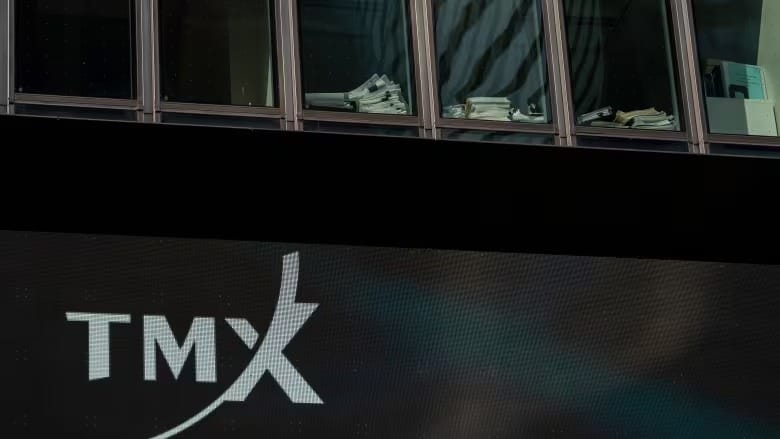Inflation ticked up to 2% in October after previous month's steep drop in gas prices
Grocery inflation rose at faster pace last month compared to same time a year before

Canada's inflation rate rose to 2% in October, according to Statistics Canada. This marks an increase from 1.6% in September, which had been influenced by a significant drop in gas prices.
While gas prices continued to decline in October, the decrease was more moderate. Excluding gasoline, the overall inflation rate for all items remained at 2.2%, the same as in September and August.
October's uptick is the first increase in the annual inflation rate since May, though it was anticipated after the larger-than-expected decline the previous month.
Grocery inflation continued to rise at a faster pace in October compared to a year earlier, outpacing overall inflation for the third consecutive month. This trend was driven by higher prices for fresh vegetables and preserved fruit.
Shelter inflation cooled to 4.8% year-over-year in October, as mortgage interest costs and rents grew at a slower rate. However, rents still increased by 21.6% compared to October 2021.
Property taxes were another factor contributing to the increase in headline inflation, with the largest annual rise since 1992, climbing 6% compared to a 4.3% increase a year earlier. Newfoundland and Labrador, along with British Columbia, saw the highest increases.
Following a 50-basis-point rate cut last month, the Bank of Canada has indicated that further rate cuts could be on the horizon, depending on the economic data. Governor Tiff Macklem had previously stated that additional cuts could occur if the economy aligns with the bank's forecast. However, he also cautioned that the timing and extent of cuts would depend on new economic data and its impact on inflation projections.
Economists are divided on the bank's next move. Katherine Judge, an economist at CIBC, suggested that a 50-basis-point cut remains possible at the Bank of Canada's December meeting, given the improving inflation data. On the other hand, BMO economist Doug Porter predicts a smaller 25-basis-point cut, considering the current economic signals.





